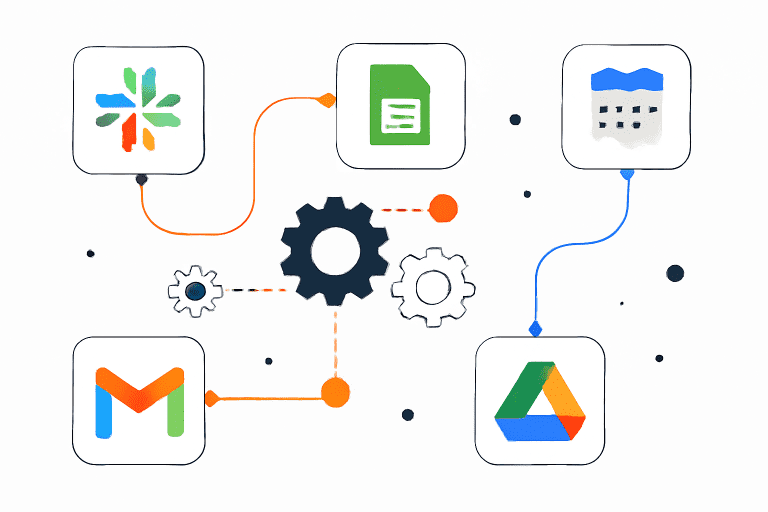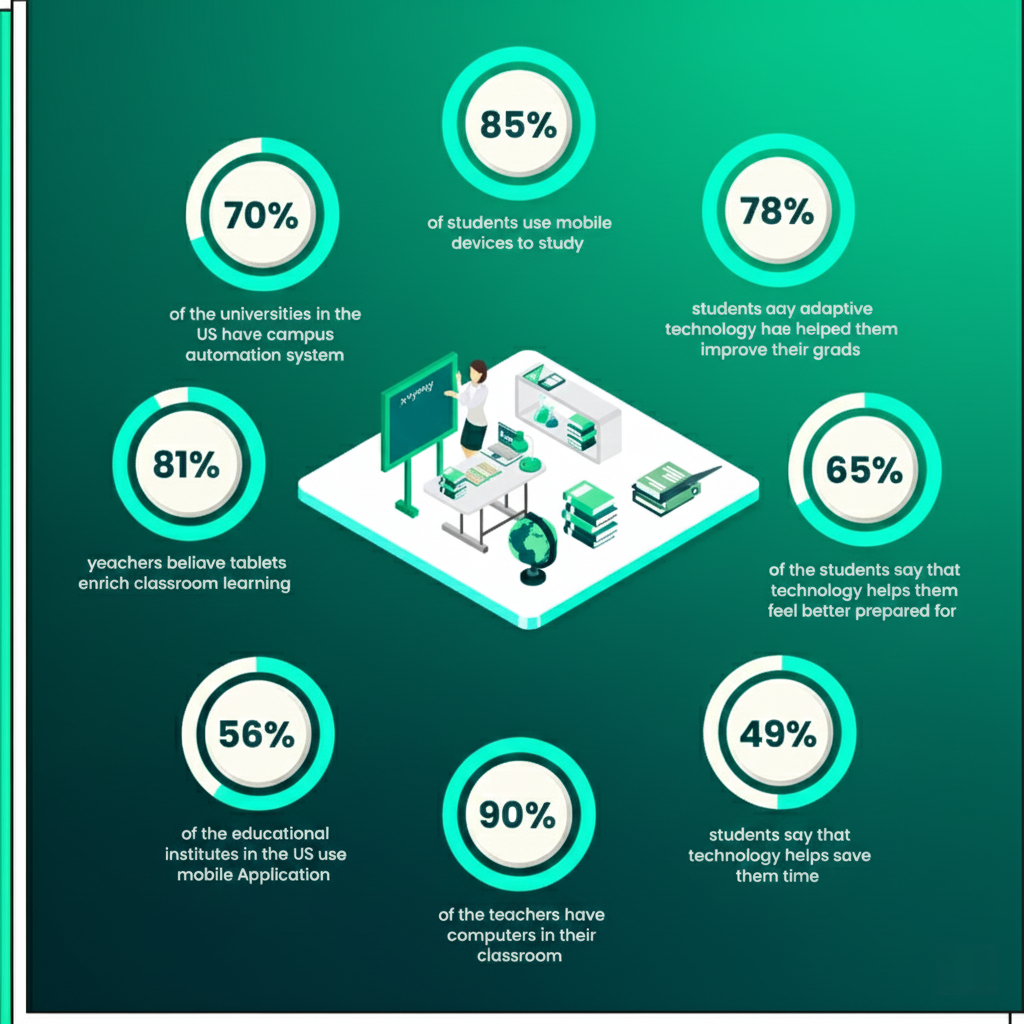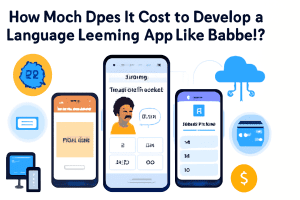Introduction
Automation is transforming how teams handle routine tasks—letting you focus on strategic work instead of tedious manual chores. n8n, an open-source automation tool, offers incredible flexibility for building custom, no-code workflows that tie together your favorite apps and services. Here’s how we use n8n to save time every day, with real, practical examples.
Why n8n for Automation?
-
Open Source & Self-Hostable: Full control over your data and integrations.
-
Visual Workflow Builder: Drag-and-drop interface for building automations—no heavy coding required.
-
Endless Integrations: Connects with Gmail, Slack, Google Sheets, Notion, APIs, webhooks, and more.
-
Customization: Add code nodes for advanced logic using JavaScript or Python.
-
Scalability: Great for startups and growing businesses; runs on your infrastructure or in the cloud.
Real n8n Automation Scenarios
1. Real-Time Slack Alerts for Google Sheet Updates
Problem: Teams often miss important updates buried in complex Google Sheets.
Solution:
We set up n8n to monitor changes in a specific Google Sheet. When data is updated (e.g., a new row is added), n8n sends a formatted notification to our Slack team. This workflow keeps everyone instantly informed—no need for constant manual checks.
How it looks:
-
Trigger: Google Sheets update
-
Action: Post message to Slack with update info
-
Optional: Filter or Switch nodes to limit which changes trigger alerts.
2. Auto-Save Email Attachments to Google Drive
Problem: Downloading and organizing email attachments is error-prone and time-consuming.
Solution:
We use n8n to watch our inbox for new emails with attachments. When one arrives, n8n saves the attachments to pre-set Google Drive folders. Filters direct documents based on sender, subject, or file type—keeping everything tidy and minimizing lost files.
How it looks:
-
Trigger: New email with attachment
-
Action: Save attachments to designated Google Drive folder.
3. Two-Way Calendar Sync
Problem: Juggling multiple calendars leads to double booking and missed meetings.
Solution:
n8n helps us synchronize between Google Calendar and Outlook. Any new event on one platform gets mirrored on the other. Rules (like syncing only during work hours) make it flexible to our needs.
4. Website & Service Uptime Monitoring
Problem: We don’t want to hear from customers when the website goes down!
Solution:
A scheduled n8n workflow pings our sites every few minutes. If a site isn’t responding, n8n instantly alerts our team by email or Slack and logs the downtime to a shared database—enabling rapid response.
How it looks:
-
Trigger: Cron node schedules regular checks
-
Action: HTTP request to website
-
Conditional: If response ≠ 200, send alert and log incident.
5. Automated Lead Capture and CRM Integration
Problem: Manual lead entry from web forms into our CRM wastes time and risks errors.
Solution:
n8n listens for new submissions on our website’s contact forms. When a lead arrives, it’s automatically enriched (e.g., pulling company data via API), added to our CRM, and the sales team notified. No more copy-pasting, and leads are acted on instantly.
6. Social Media Content Scheduling
Problem: Posting content across platforms is repetitive and often forgotten.
Solution:
We built a workflow that collects new social media content from our Google Sheets editorial calendar, formats posts for each platform, and publishes them—hands-off and on schedule. Plus, engagement stats are gathered for reporting.
Example Table: n8n Automation Use Cases
| Scenario | n8n Trigger | Main Action | Apps Connected |
|---|---|---|---|
| Slack Alerts on Sheet Update | Sheet change | Post to Slack | Google Sheets, Slack |
| Auto-Save Email Attachments | New email | Save to Drive with filters | Gmail/Outlook, Google Drive |
| Two-Way Calendar Sync | Event added/changed | Mirror event | Google Calendar, Outlook |
| Website Uptime Monitoring | Scheduled (Cron) | Send HTTP request, alert on fail | HTTP, Slack/Email |
| Lead Capture to CRM | New form submission | Enrich & add lead, notify sales | Webhook/API, CRM, Slack |
| Scheduled Content Posting | Cron/Sheet update | Format & post | Google Sheets, APIs |
Lessons Learned & Tips
-
Start Small: Automate one or two high-impact tasks first to build confidence.
-
Iterate: Use n8n’s visual builder to tweak workflows as requirements change.
-
Fail Safes: Always add error notifications so issues are caught early.
-
Documentation: Clearly label nodes/steps for easy handover and maintenance.
Frequently Asked Questions (FAQ)
What is n8n automation?
n8n (“node-to-node”) is an open-source workflow automation tool for connecting apps, moving data, and automating everyday processes.
How does n8n work?
It uses a visual, drag-and-drop builder where each “node” handles a specific task—reading emails, sending messages, updating records—linked together for full automation.
How many integrations does n8n provide?
n8n comes with over 400 native integrations for popular tools and also provides HTTP nodes for custom APIs.
Can I create and activate workflows via API?
Yes. n8n offers programmatic workflow activation via API.
Is n8n self-hostable?
Absolutely—deploy on your own server or use n8n Cloud for managed hosting.
Can I add custom code to workflows?
Yes. Code nodes let you script advanced logic in JavaScript or Python.
Does n8n offer error handling and notifications?
Yes, workflows can include error triggers and customizable notifications.
Are workflow templates available?
Thousands of pre-built templates are shared by the official community and in documentation.
Where can I find more tutorials?
Check the official n8n documentation and community forums for how-to guides, templates, and real-world examples
Conclusion
n8n is a powerful ally in the fight against repetitive work. By automating tedious tasks, our team unlocks productivity and can focus on meaningful projects. Whether it’s saving email attachments, syncing calendars, or handling leads—n8n’s flexibility and ease-of-use make it our go-to automation platform.
For more detailed workflow templates and practical tutorials, check out the n8n official documentation and community resources—they’re packed with real examples you can implement right away











